Profiles: France’s ‘other’ candidates
The personalities and campaign promises of the lesser-known contenders running for president of France.
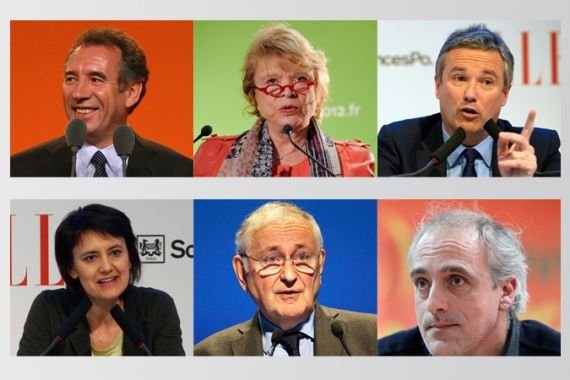
| Francois Bayrou, Democratic Movement |
In his third campaign for President, Democratic Movement Party (MoDem) leader Francois Bayrou has described himself as the “absolute centrist” alternative to France’s two-party system.
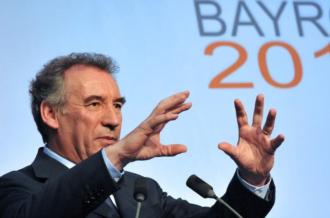 |
| Francois Bayrou [AFP] |
After winning seven per cent of the vote in 2002, his candidacy amassed unexpected support in 2007 and he ended up garnering the support of 18.6 per cent of voters.
Born in the Bearn region in 1951, Bayrou is a history teacher and farmer who served as an MP in the 1980s and Minister of National Education in the 1990s.
Well known for championing fiscal reform, in 2007 Le Point magazine deemed him “the prophet” for his foresight of the eurozone debt crisis. His 2012 platforms include a strong pro-European policy and supporting domestic industry through the “Buy French” initiative.
Opinion polls estimate Bayrou will win 10.5 per cent of the vote, but analysts say he could play an important role in the second round as “kingmaker”. If he chooses to endorse Nicolas Sarkozy, a move which could win him a cabinet seat, he could give the incumbent the necessary votes to edge out rival Francois Hollande.Hollande.
| Eva Joly, Green Party |
Norwegian-born Eva Joly beat out a number of fellow party members, notably Nicolas Hulot, by winning 58 per cent in primary elections to become the Green Party candidate.
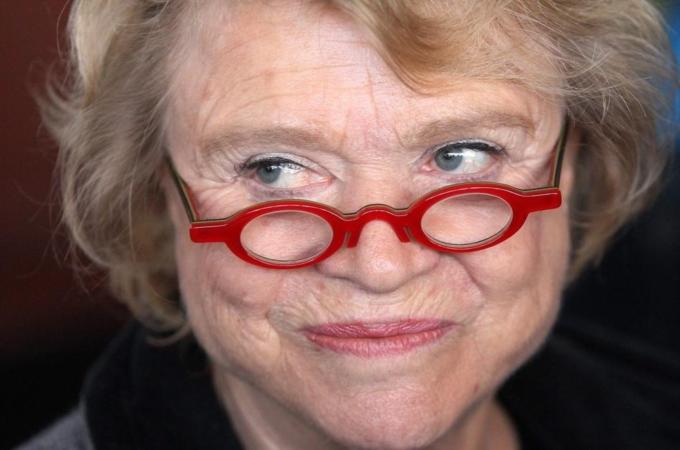 |
| Eva Joly [EPA] |
Serving as a French magistrate from 1992 to 2002, Joly first gained recognition for her role in the Elf Aquitaine affair after she received numerous death threats.
An outspoken critic of government corruption, Joly has promised to stand firm against tax evasion. Other campaign promises include reforming international organisations, extending the right to vote to foreign residents in France after five years, and ending France’s nuclear energy programme.
She has been a French representative to the European Parliament since 2009.
Although opinion polls currently predict that she will win three per cent of the vote, the Green Party has an agreement to support Francois Hollande in the second round of voting, in exchange for a higher number of cabinet seats if he wins the presidency.
| Nicolas Dupont-Aignan, Arise the Republic |
The current mayor of Yerres and a parliamentarian from Essone also heads Arise the Republic. Dupont-Aignan is projected to win 1.5 per cent of the vote.
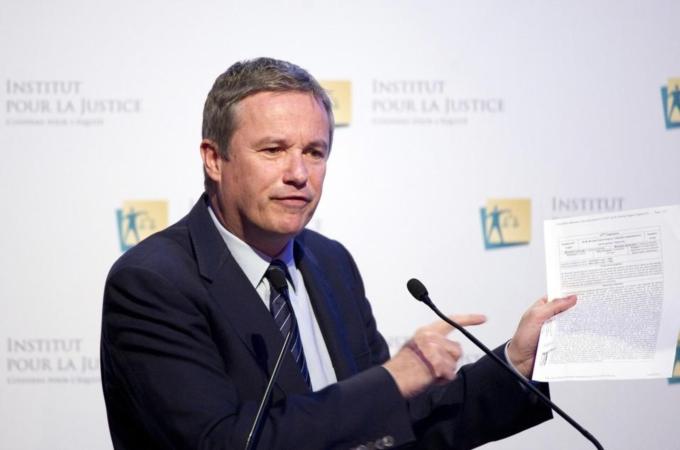 |
| Nicolas Dupont-Aignan [AFP] |
The bulk of Dupont-Aignan’s campaign centres on anti-European Union platforms. In particular, he is in favour of abandoning the euro and reinstating the franc. In January 2012 he famously ripped up a ten euro bill, calling it “a poison” that made life expensive and brought unemployment.
A fervent “Eurosceptic”, Dupont-Aignan became known after launching a campaign against the Treaty of Maastricht that created the euro in 1992. He has since opposed every treaty put forth by the European Union.
His other proposals include withdrawing France from NATO, a law making voting mandatory, and having a label on all products indicating what percentage was made in France.
| Nathalie Arthaud, Workers’ Struggle |
First-time candidate Nathalie Arthaud is representing the Workers’ Struggle party, and is predicted to win 0.5 per cent of the vote.
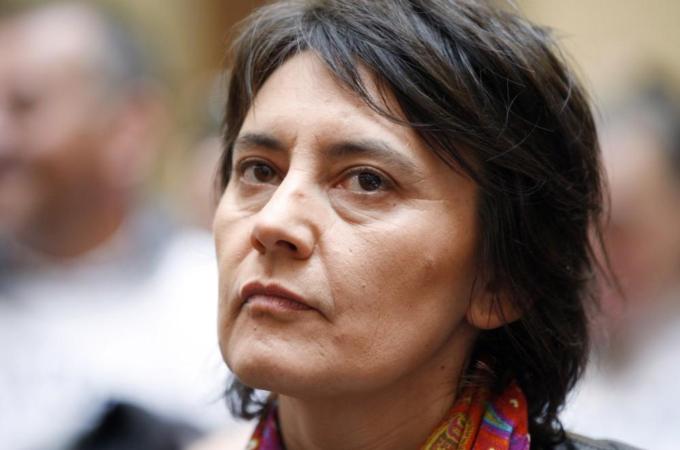 |
| Nathalie Arthaud [AFP] |
Born in 1970, neither Arthaud nor her party are household names in France.
After becoming a regional counsellor for Valux-en-Velin in 2007, Athaud rose to prominence within her party as spokesperson for Arlette Laguiller, the most renowned figure in the party, who ran for president six times.
Her campaign focuses on the rights of the working class, promising to abolish the capitalist system and prohibit companies from laying off employees. Arthaud is in favour of ending the European Union in order to replace it with “The United States of a Socialist Europe” and eradicating the banking system after paying off the national debt.
She has been criticised for lacking clear stances on energy, education, culture, and immigration policies.
| Jacques Cheminade, Solidarity and Progress |
Cheminade, a former state bureaucrat, first ran for president in 1995.
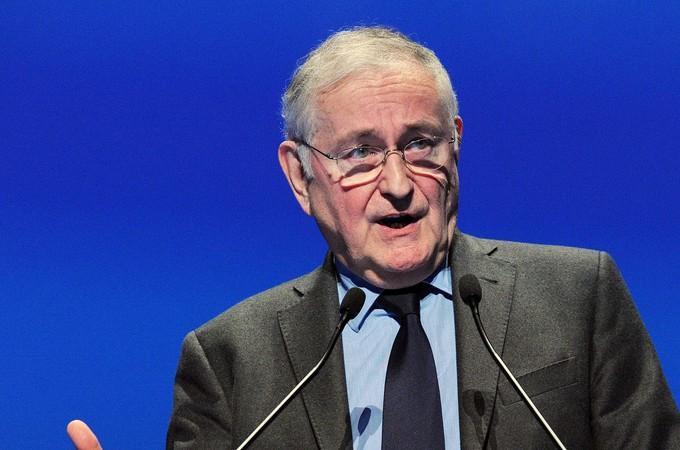 |
| Jacques Cheminade [AFP] |
At the time, he won only 0.28 per cent of the vote, and admitted his campaign was primarily an attempt to make his ideas heard.
Running with the campaign slogan “a world without the City [of London] and Wall Street”, Cheminade’s claim to fame is that he predicted the financial crisis as early as 1995.
His international agenda focuses on a rapprochement with China and Russia, and bringing France out of the euro. He champions a number of left-wing domestic policies, including raising the monthly minimum wage to 1,700 euros ($2,200) and nationalising a number of services.
A number of his policies have been labelled as “bizarre” by critics, most notably his plan to industrialise the Moon and colonise Mars.
| Philippe Poutou, New Anticapitalist Party |
Philippe Poutou is secretary of the General Confederation of Labour at the Ford Motor Company in Aquitaine.
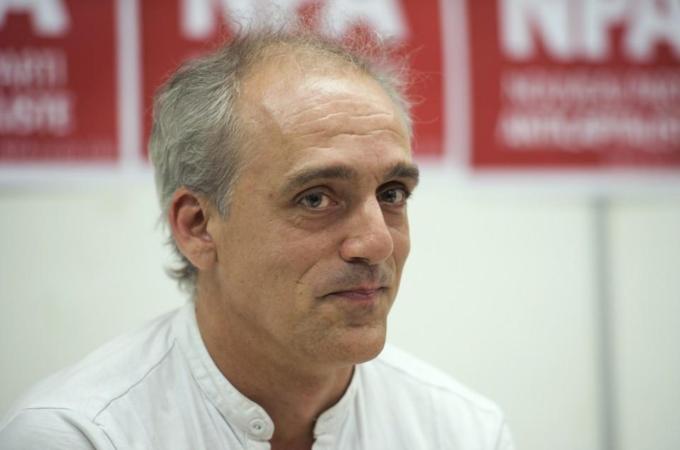 |
| Philippe Poutou [AFP] |
Born in 1967, the far-left politician and trade unionist recently replaced former party leader Olivier Besancenot, a popular figure beyond the party, and remains relatively unknown to the French public.
Now, Poutou wants to “fire Nicolas Sarkozy”, who he accuses of privileging the rich and eliminating the social benefits of the popular classes. He has pledged to “return dignity to the workers” by banning layoffs in the public sector and returning the retirement age to 60.
Poutou has promised to end tax exemptions for large companies, abolish “anti-immigration” laws, end all nuclear programmes, inaugurate a 32-hour working week, and make all school public, free, and secular.